In the dynamic landscape of industrial operations, the choice between short-term and long-term forklift rentals is a critical decision that can significantly impact a business’s efficiency and bottom line. This comprehensive guide aims to dissect the advantages and drawbacks of both options, empowering businesses to make informed decisions aligned with their project duration, budget constraints, and operational requirements.
Short-Term Forklift Rentals: Swift Flexibility
Advantages
Flexibility for Dynamic Projects: Short-term forklift rentals are ideal for businesses with fluctuating project timelines. Whether it’s a sudden increase in workload or a short-term project, the agility of short-term rentals allows businesses to scale their forklift fleet as needed.
Cost-Effective for Brief Needs: For projects with a limited duration, opting for short-term rentals can be more cost-effective. Businesses avoid the long-term financial commitment associated with ownership or extended rental agreements, optimizing budget allocation.
Access to Latest Technology: Short-term rentals often provide access to the latest forklift models and technologies. This ensures businesses can benefit from advancements in efficiency, safety features, and overall performance without being tied to aging equipment.
Drawbacks
- Higher Daily Rates: While short-term flexibility is advantageous, the daily rates for short-term forklift rentals are generally higher than their long-term counterparts. Businesses must weigh this higher per-day cost against the benefits of flexibility.
- Limited Cost Predictability: Short-term rentals may lack the cost predictability of long-term agreements. Sudden increases in demand or unforeseen project extensions can lead to unexpected expenses.
Long-Term Forklift Rentals: Stability and Cost Efficiency
Advantages
- Cost Savings Over Time: Long-term forklift rentals typically offer lower daily rates compared to short-term options. This cost efficiency becomes evident when the forklift is consistently utilized over an extended period, making it a financially prudent choice for stable, ongoing projects.
- Predictable Budgeting: Businesses benefit from a more predictable budget with long-term rentals. Knowing the monthly costs allows for better financial planning, reducing the likelihood of budgetary surprises.
- Customization and Adaptability: Long-term agreements often provide room for customization. Businesses can tailor their rental package to include maintenance, operator training, and specific forklift models, creating a solution that precisely aligns with their operational needs.
Drawbacks
- Limited Flexibility: The stability of long-term rentals comes at the cost of reduced flexibility. Adapting to sudden changes in project scope or scaling up/down quickly may be more challenging.
- Commitment and Ownership Considerations: Long-term agreements entail a significant commitment, akin to ownership in some aspects. Businesses must evaluate whether this level of commitment aligns with their strategic plans and operational requirements.
Making Informed Decisions
When deciding between short-term and long-term forklift rentals, businesses must carefully assess their unique circumstances. Consider the project duration, budget constraints, and operational requirements before making a decision. A thoughtful evaluation of these factors will guide businesses towards the most suitable forklift rental arrangement that aligns with both immediate needs and long-term goals.


